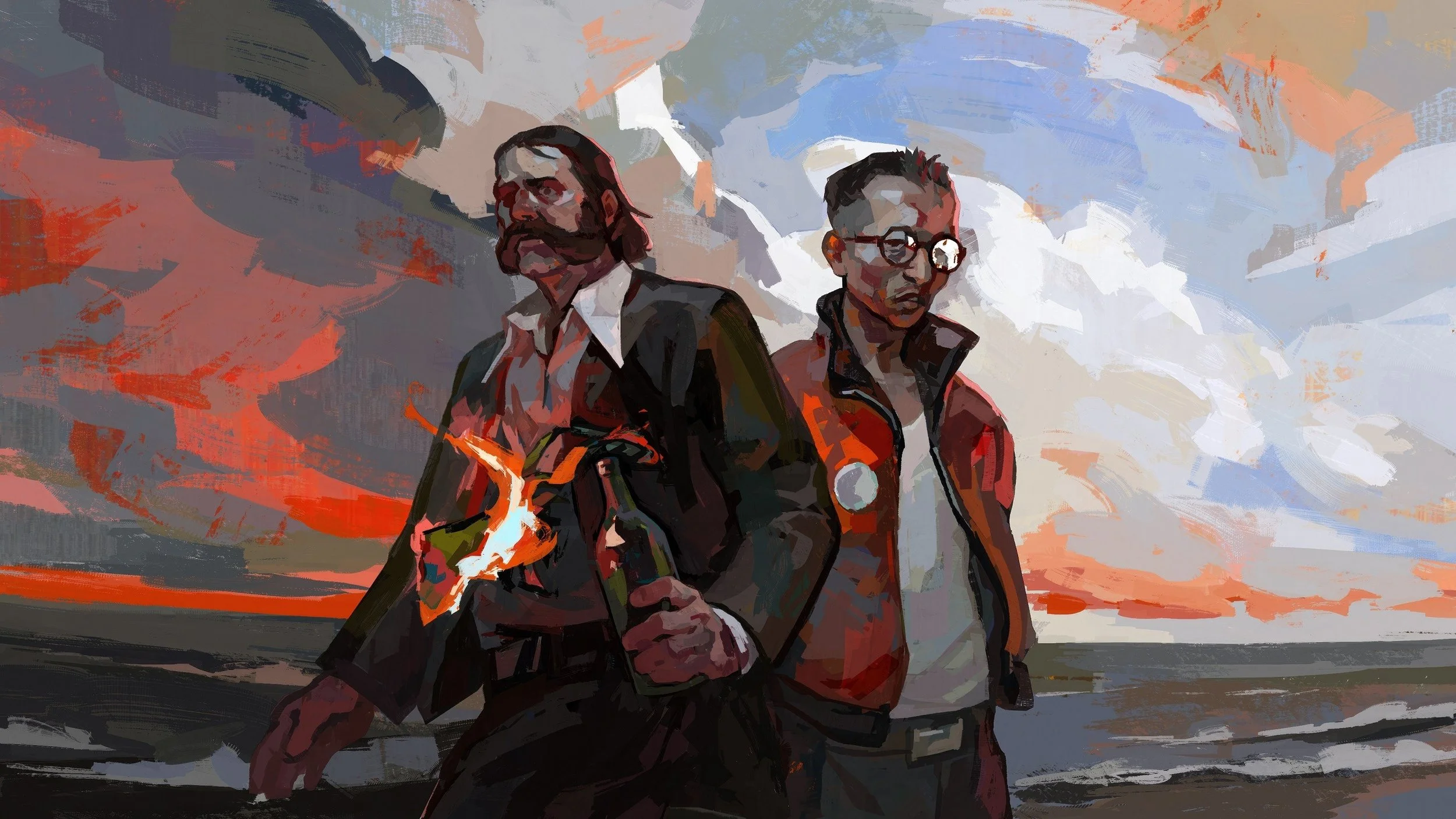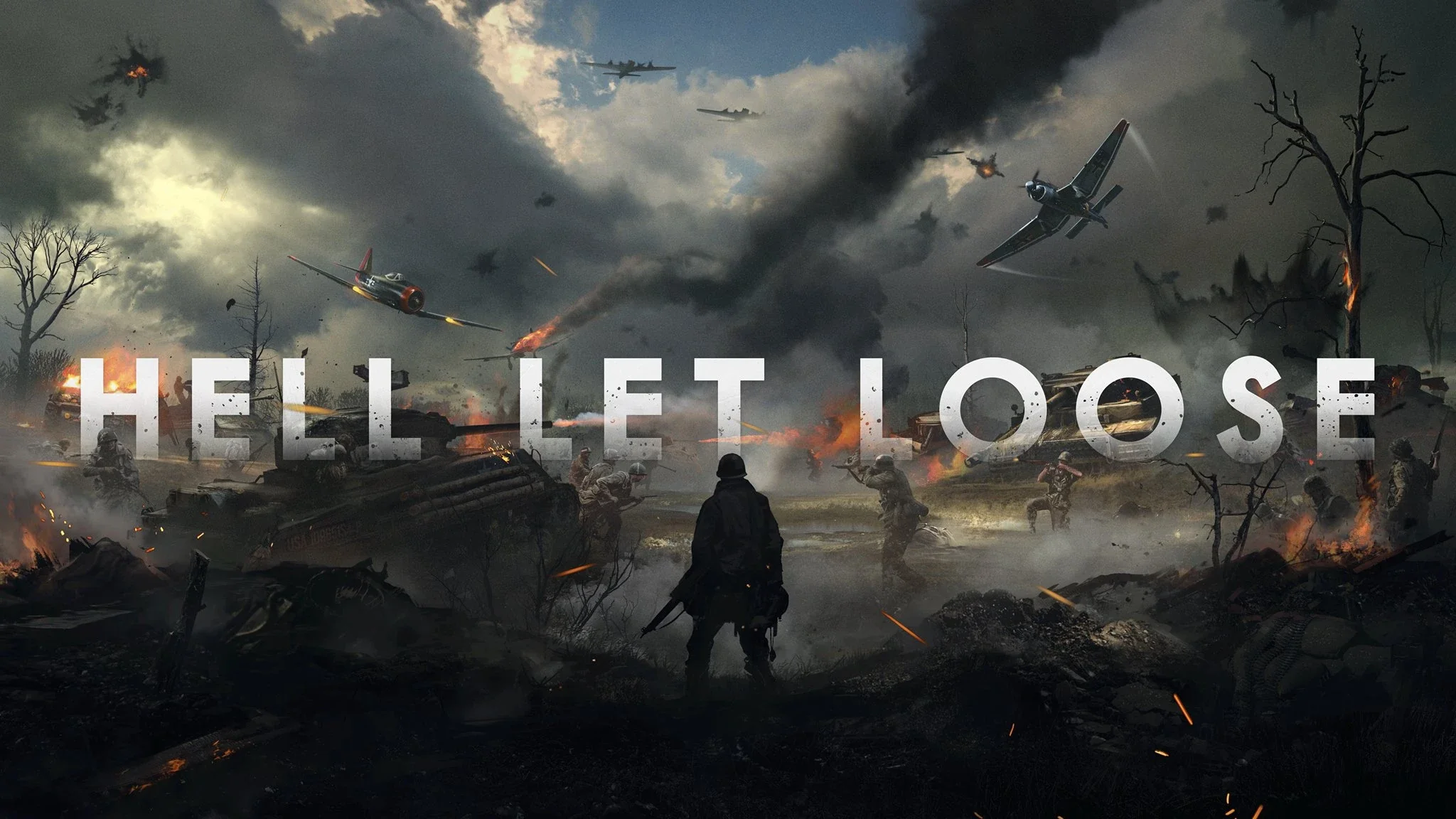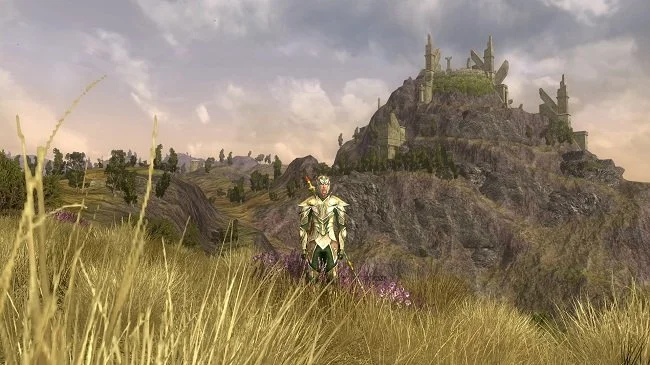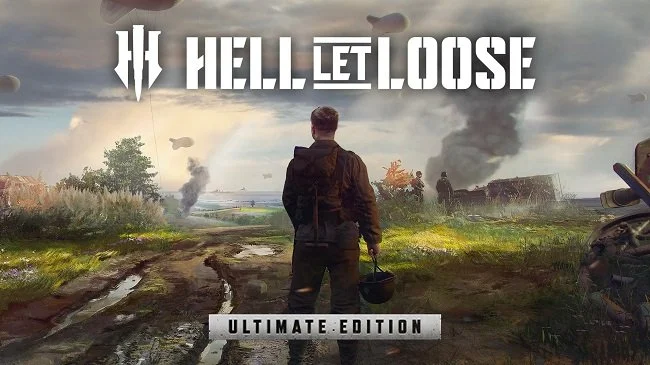"Adequate" But "Disposable" Gaming

One of the defining qualities of a truly great game is how long it can hold your interest and keep you engaged. For example I bought the Game of the Year version of Skyrim about 14 months after its initial release. Hence I had access to all the games content that I dutifully played through. However, I also fully explored the world map, completed all side quests, crafted, furnished several houses and continued to travel the in-game world and killing foes long after I had completed all the traditional content. I did the same with Red Dead Redemption 2 as this also offered a compelling and immersive world. Games such as these have a quality beyond just the functional. I would happily traverse the mountains in Skyrim and watch the sunset, revelling in the ambient music. Similarly, I would often just ride the train in RDR2 and watch the world go by. When I finally stopped playing both games for newer titles, I felt a sense of sadness when I bid them goodbye.
However, great games are few and far between. All video game releases exist on a spectrum of quality and artistic merit. Not all are bad, far from it. But many are purely functional. They entertain sufficiently to hold the players interests but once some semblance of completion is reached or the player simply feels that they are “done”, the game is effectively abandoned. Three such titles that I have played over the last 18 months fit this criteria. Hogwarts Legacy, Starfield and more recently Dragon’s Dogma 2. I enjoyed all of these games while I was playing them and completed each one’s respective stories. But rather than pursue all the minor achievements or simply stick around to enjoy the in-game worlds, I left once I felt I had finished. Furthermore, I ceased to be interested in those games the moment I stopped playing them.
I am sure this pattern of behaviour is not unique to me. It offers food for thought regarding how we perceive video games. To use a music analogy, few games achieve a status comparable to a classic LP. Something you wish to revisit on a regular basis. Instead, an average video game is a short term diversion. A bauble or trinket, designed to amuse and entertain. The virtue it provides primarily stems from the act of playing, rather than the compelling nature of the gameworld, its mechanics and narrative. Dragon’s Dogma 2 provided me with sufficient means to stay engaged. It did this long enough for me to complete the tasks it set before me. But it lacked a sense of “je ne sais quoi”. That quality or set of qualities that make a game more than the sum of its parts. As for Starfield, it has an expansion launching soon. Yet I have no desire to return to the game.
Looking through my game collection, there are a lot of titles that fall into an “adequate but can provide short term fun” category. There are also a lot that will never get installed as they don’t seem to have any immediate appeal. Just like books, TV, film and music, not every video game is a classic. Not everything needs to be a classic. Sometimes undemanding entertainment is perfectly acceptable. You agree to the terms on which it is offered. As video games have become more popular, a business need has grown to replicate that which has already proven commercially successful. Hence the market becomes saturated with similar products. Not all are bad but many are simply okay. In the face of increased mediocrity will titles seeking to be the next Skyrim or Red Dead Redemption 2 become rarer? Is there a paradox in adequate but disposable gaming? Is it doing more harm than good?






























